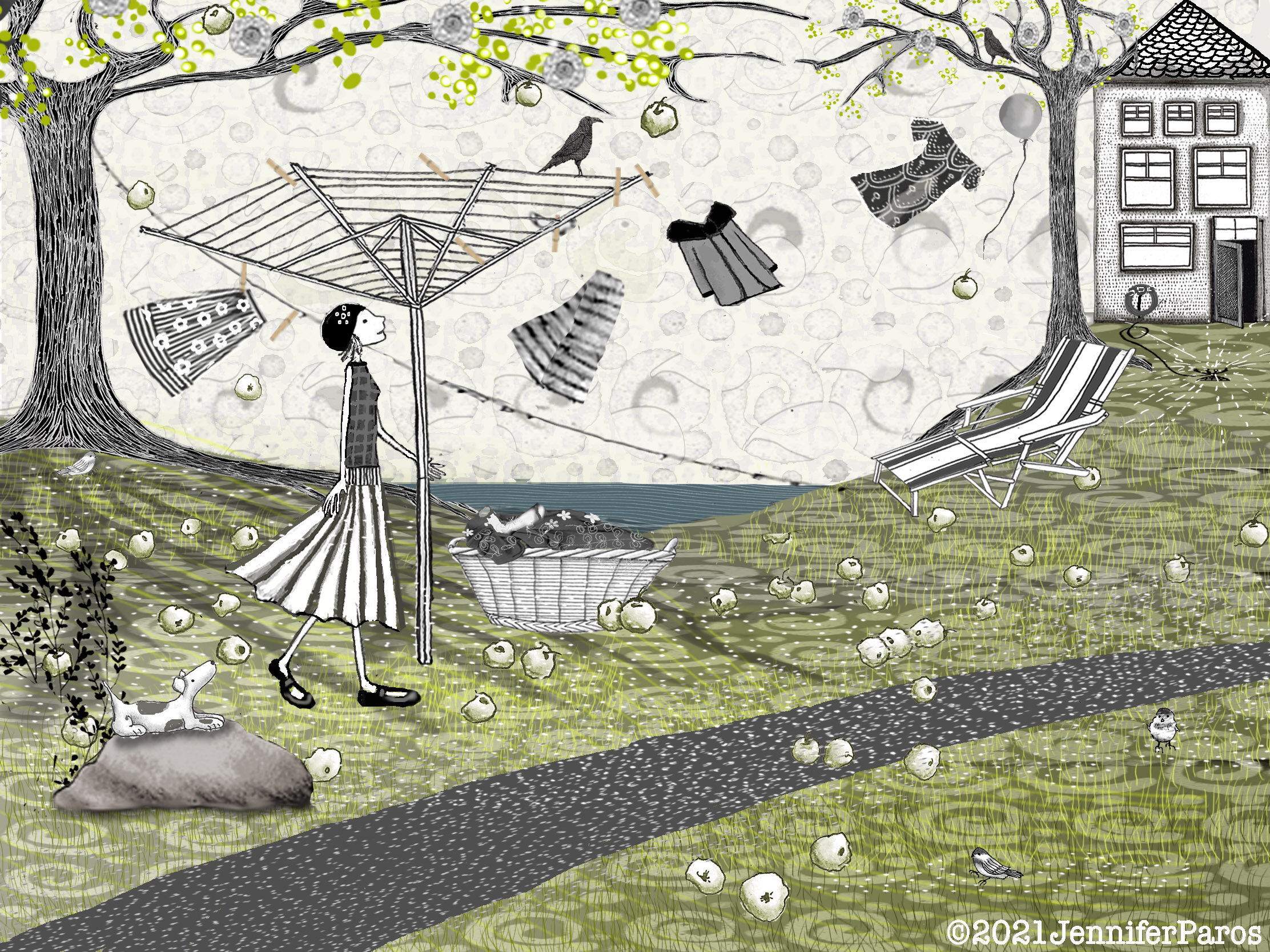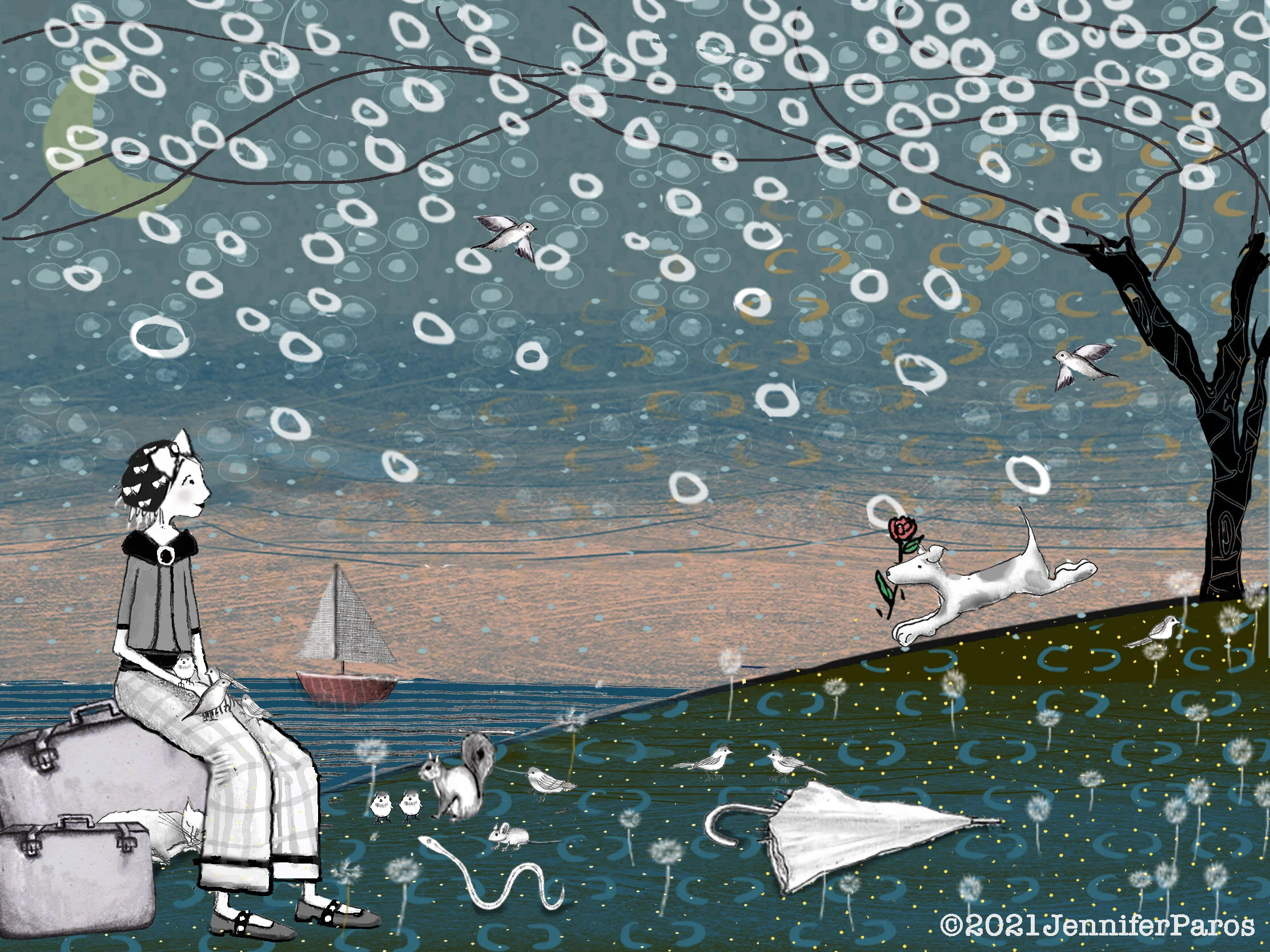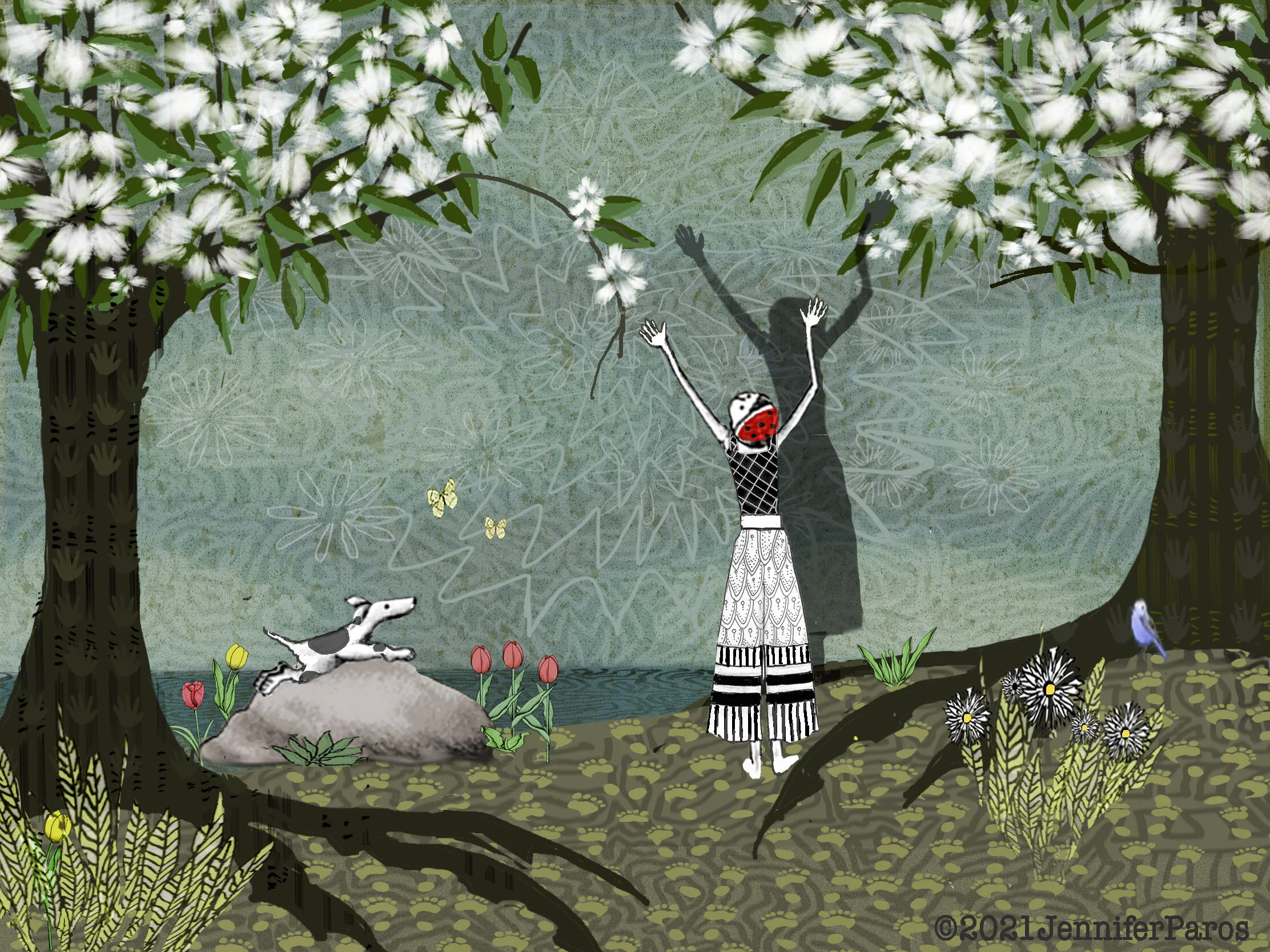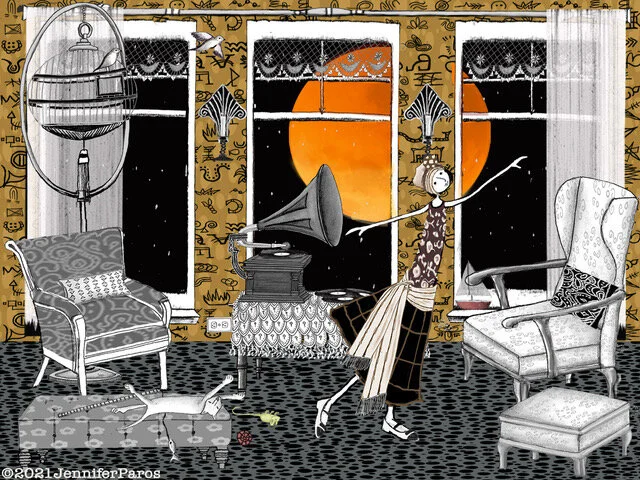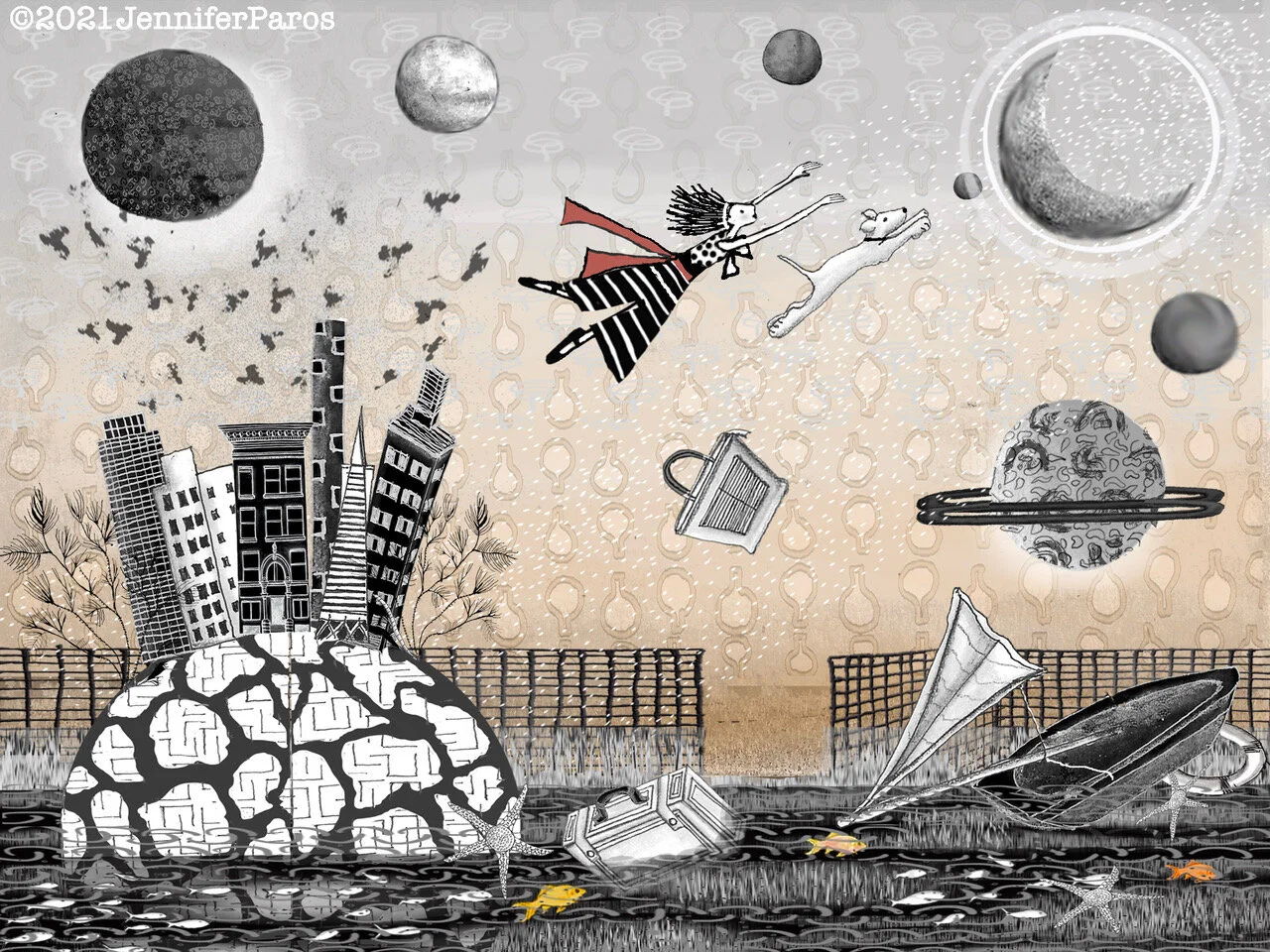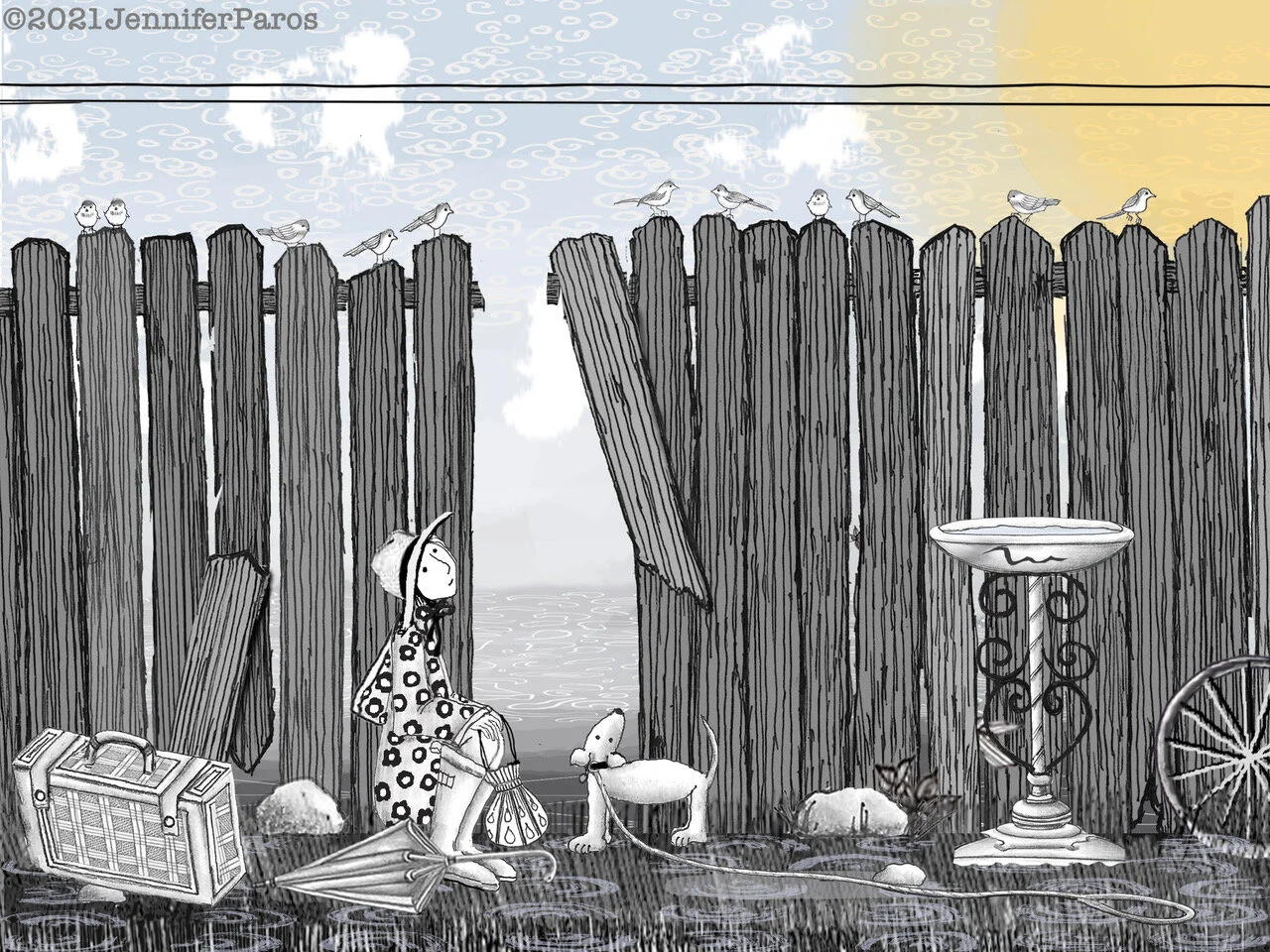When I was in high school, as Friday’s classes came to an end and I stepped out of the building to get on the bus that would take me home, I almost always felt free. Friday afternoons, beginning the moment school was out, was the lightest time. All heaviness lifted off me and my mind was close to completely unburdened. I’d been to school but now I was on the other side of that story; I’d crossed the bridge and had, in my possession, two unspent days ahead, two days in the bank, to do with as I pleased.
Those Friday hours were like a bonus – once spent, I still had Saturday. And it was okay to spend Saturday because I still had Sunday. But once Sunday arrived, the feeling of freedom had dwindled almost entirely in anticipation of Monday. There’s no difference technically between Saturday’s and Sunday’s unscheduled hours, but I no longer felt free – because how we feel depends upon our focus and frame of mind.
Early on I came to equate the relief of not having to do anything with freedom, but later discovered this makes for an incomplete equation. Not having to do anything is like not having to spend what we have, which can feel like relief, but there is more freedom in investment. When we invest, we pour fuel into the plane so it can soar. This is what we’re doing when we work on things we love. But even during the final stages of a beloved project, my mind can fill with projections and judgments and those thoughts can spark worry, which feels heavy. Once the project is completed, often a “lifting” occurs and I feel freed, not because the work has ended, but because the worrisome mind activity about the work has ceased.
Read More







